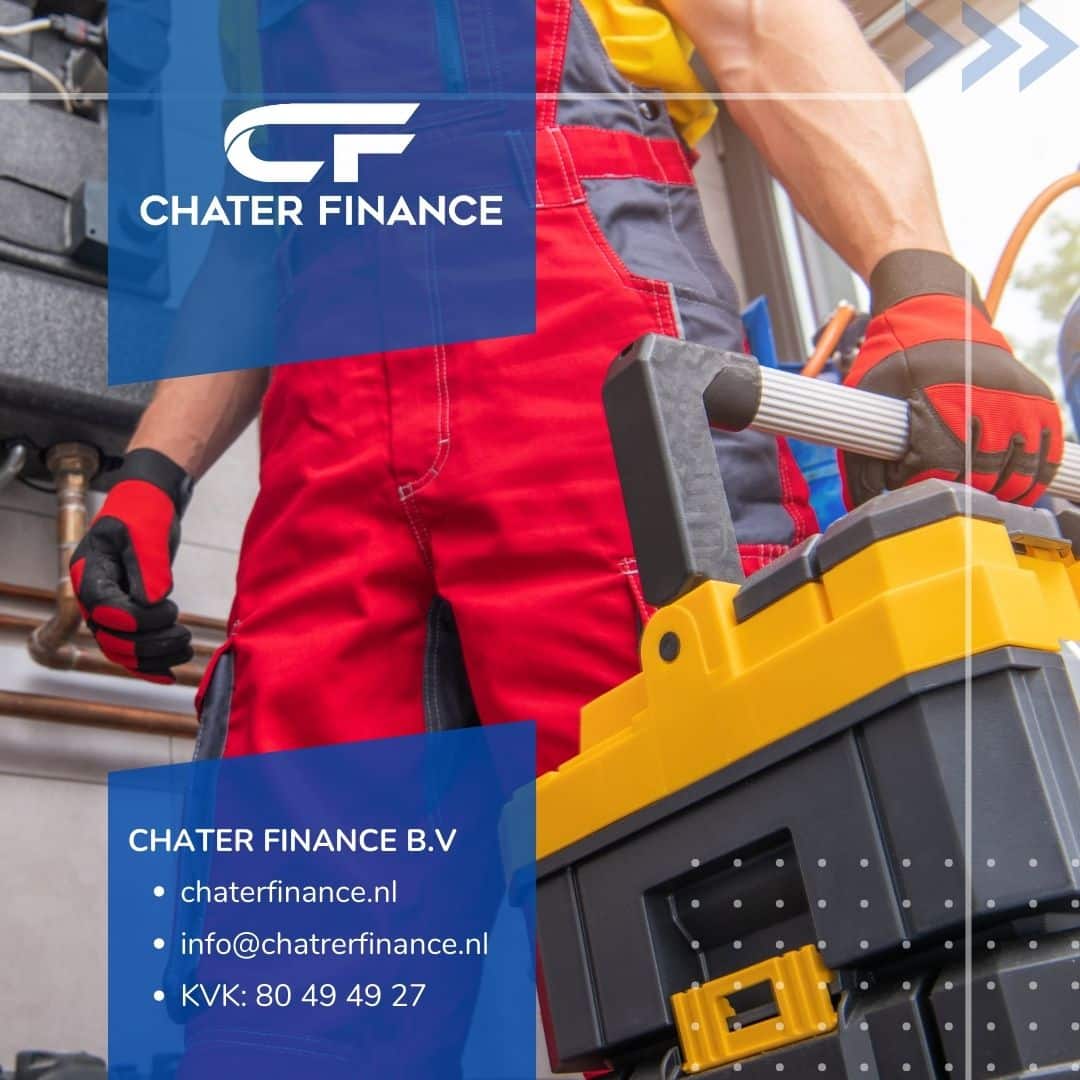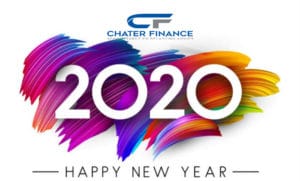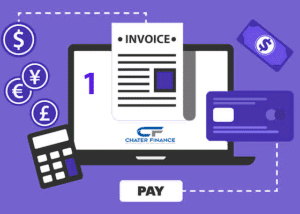Als je net begint als ondernemer, heb je waarschijnlijk veel aan je hoofd. Het opzetten van een bedrijf en het vinden van klanten of cliënten kost veel tijd en energie. Bovendien moet je ook met allerlei financiële zaken omgaan! Gelukkig zijn er een aantal belastingvoordelen waar je in de eerste jaren van je ondernemerschap recht op kunt hebben.
Start-up kosten verklaren
Het is mogelijk om bedrijfskosten die je hebt gemaakt vóór de daadwerkelijke start van je bedrijf in je administratie op te nemen. Dit zijn de zogenaamde start-up kosten. Dit omvat alle kosten die je hebt gemaakt om je bedrijf op te starten en omvat kosten voor marketing, advies en registratie bij de Kamer van Koophandel (KvK). Als je als particulier bijvoorbeeld een laptop of een duur camera hebt gekocht met de bedoeling deze later voor bedrijfsdoeleinden te gebruiken, mag je deze in de boekhouding van je bedrijf zetten. Je verkoopt deze zogezegd aan je bedrijf. Natuurlijk is de belangrijkste voorwaarde om deze kosten op te nemen dat je alle bonnen en facturen nog bezit.
Als startende ondernemer heeft u recht op een fiscale vrijstelling voor nieuwe bedrijven drie keer in de eerste vijf jaar van uw bedrijf. De fiscale vrijstelling voor nieuwe bedrijven versterkt de vergoeding voor particuliere bedrijfseigendom, waarvoor het criterium is om minimaal 1225 uur per jaar voor uw bedrijf te werken. Dit extra aftrekbare item op uw aangifte vermindert uw winst, wat betekent dat u minder belasting hoeft te betalen. U kunt niet zelf kiezen in welke jaren u gebruik wilt maken van de fiscale vrijstelling voor nieuwe bedrijven. Bij het aanvragen van de vergoeding voor particuliere bedrijfseigendom voor een bepaald jaar en tevens recht hebbend op een fiscale vrijstelling voor nieuwe bedrijven, moet u hiervan gebruik maken. Bent u ook in loondienst, naast het runnen van uw eigen bedrijf? Als het toepassen van de fiscale vrijstelling voor nieuwe bedrijven leidt tot een negatieve winst en tot verlies, dan wordt dit automatisch verrekend met uw inkomen. Dit kan betekenen dat u een deel van de ingehouden inkomstenbelasting terugkrijgt dat tijdens het jaar is ingehouden.
Willekeurige afschrijving
Alle zakelijke uitgaven boven €450 worden beschouwd als investering. Als algemene regel moeten alle zakelijke investeringen over een periode van ten minste vijf jaar worden afgeschreven. Dit betekent dat u elk jaar een maximum van 20% van de aankoopprijs als uitgave mag declareren. Voor investeringen die worden gedaan in de jaren waarvoor u recht heeft op de belastingvoordeel voor nieuwe bedrijven OF het jaar daarvoor, mag u zelf bepalen hoe en wanneer u zakelijke activa afschrijft. Deze methode kan uw winst in de eerste jaren aanzienlijk verminderen, wat resulteert in minder inkomstenbelasting betalen.
Kleine Ondernemers Regeling (KOR)
Ondanks dat deze uitzondering niet uitsluitend voor nieuwe ondernemers is, kunt u hierdoor administratieve voordelen verkrijgen. Bij registratie voor de KOR krijgt u een btw-vrijstelling en hoeft u geen btw-aangifte meer in te dienen. Als u nog in de opstartfase bent met weinig omzet, kan het interessant zijn om te bekijken of deze regeling geschikt is voor uw bedrijf. Bij vragen hierover kunt u altijd contact opnemen met uw accountant!
English Version
Benefits for starting entrepreneurs
When you’re just starting out as an entrepreneur, you will probably have a lot on your mind. Setting up a business and finding customers or clients takes a lot of time and energy. And in addition, you also have to deal with all kinds of financial matters! Fortunately, there are a number of tax benefits you might be entitled to in the first years of your entrepreneurship.
Declaring start-up costs
It’s possible to include business costs you’ve made before the actual start of your company in your administration afterwards. These are the so-called start-up costs. This includes all the expenses you’ve made to start your business and includes costs for marketing, advice, and registration with the Dutch Chamber of Commerce (KvK). If you’ve bought equipment such as a laptop or an expensive camera as a private individual with the intention of using it for business purposes later, you’re allowed to put it in your company’s accounts. You’re selling it to your company so to say. Of course, the most important condition for stating these costs is that you still have all the receipts and invoices.
Using tax relief for new companies
As a starting entrepreneur, you’re entitled to tax relief for new companies three times in the first five years of your business. The tax relief for new companies complements the private business ownership allowance for which the criterion is working at least 1225 hours per year for your company. This extra deductible item on your tax return reduces your profit, meaning you have to pay less tax. You can’t choose the years for which you want to use the tax relief for new companies yourself. When applying for the private business ownership allowance for any particular year, while also being entitled to tax relief for new companies, you must make use of it. Are you also in paid employment, in addition to running your own business? Should the application of the tax relief for new companies result in a negative profit and cause a loss, this will automatically reduce your income. This can mean that you’ll get part of the income tax back that’s been withheld during the year.
Random depreciation
All business expenses over €450 are considered an investment. As a general rule, all business investments must be depreciated over the course of, at least, five years. This means that each year you can declare a maximum of 20% of the purchase price as expenses. However, for investments made in the years that you’re entitled to tax relief for new companies, OR the year before that, you’re allowed to choose how and when you depreciate business assets. This method can significantly reduce your profit in the first years, paying less income tax.
Small businesses scheme (KOR)
Even though this exemption is not exclusively for new business owners, it can give you some administrative advantages. When registering for KOR, you get a VAT exemption and you no longer have to file VAT returns. If you’re still in the start-up phase with little turnover, it might be interesting to see if this regulation is suitable for your company. If you have any questions about this, you can always contact your accountant!




